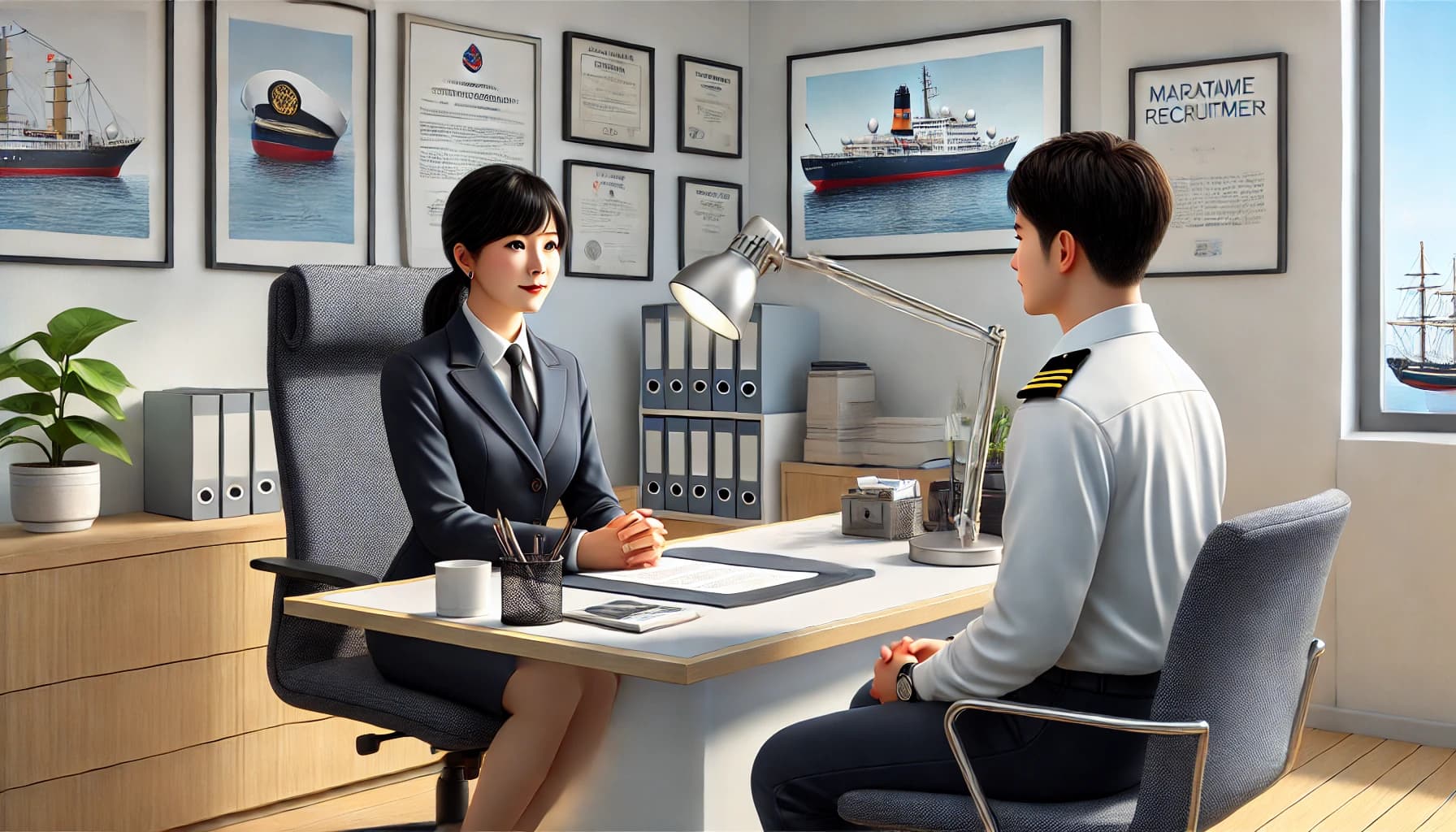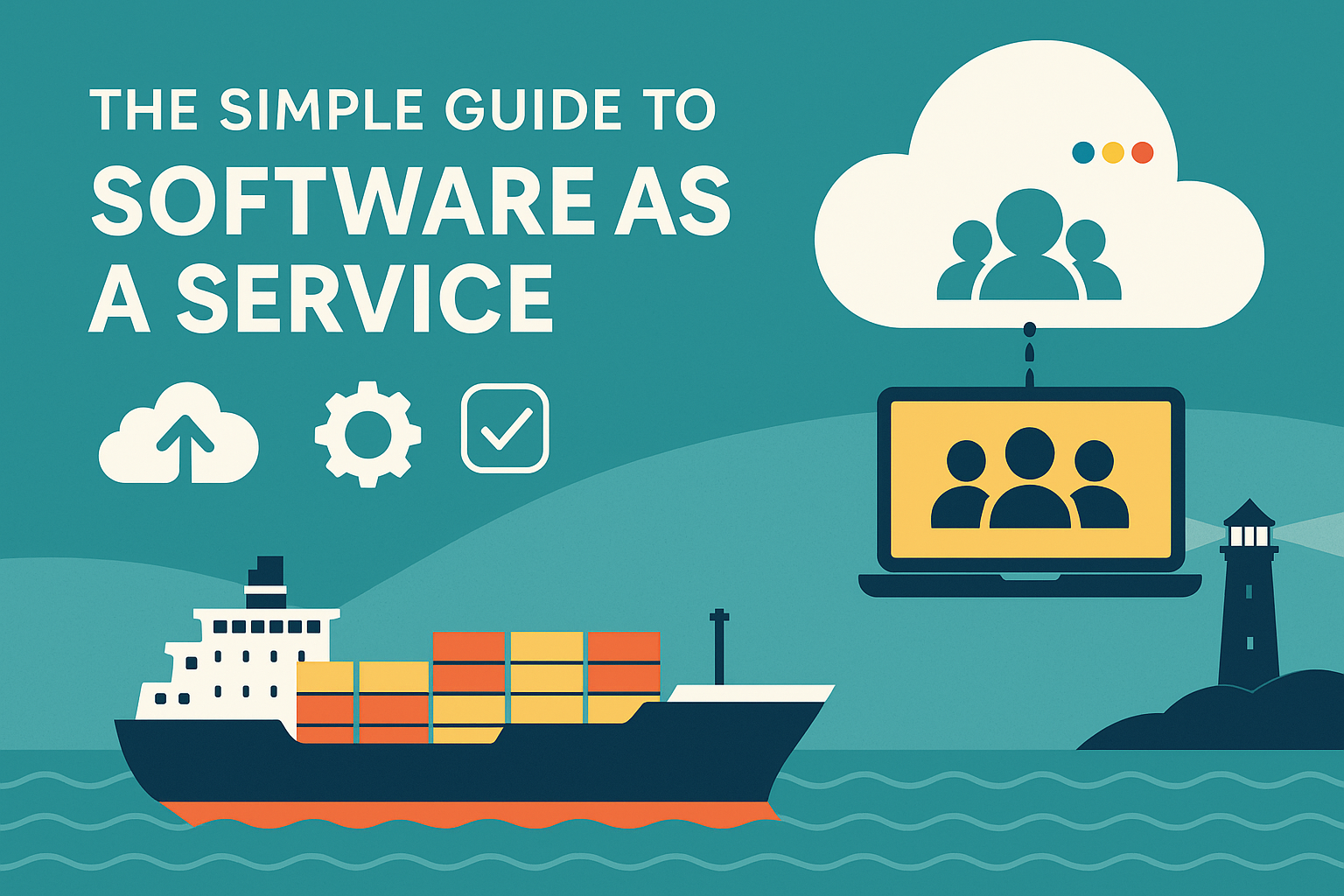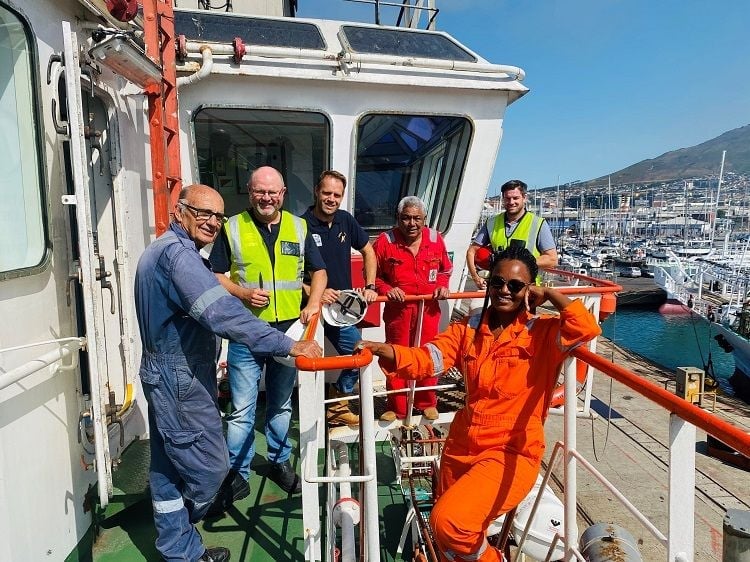Why an Organized Interview Is a Must in Maritime Recruitment
Jan 09, 2025 · 6 mins read ·
Maritime Recruitment
Interviews are a critical part of the hiring process in any industry, and maritime recruitment is no exception. A well-structured interview not only helps you evaluate a candidate's skills and qualifications but also gives candidates insight into your organization.
On the flip side, a disorganized interview can lead to delays, miscommunication, and missed opportunities.
Read more:Why Being Organized Increases Candidate Engagement
So, how can you ensure that your interviews run smoothly?
Let’s dive into why organizational skills and time management are key in maritime recruitment interviews and explore actionable tips to stay organized.
What is an interview?
At its core, an interview is a conversation between a job applicant and a potential employer. In the maritime industry, it serves as a vital tool for assessing whether a candidate's skills, experience, and certifications align with the job requirements.
For instance, if a shipowner needs a new Chief Engineer, the interview helps confirm that the candidate possesses the necessary qualifications and certifications.

Interviews also allow employers to observe a candidate’s personality and soft skills. Whether hiring for senior roles or entry-level positions like cadets or trainee seafarers, interviews help validate applications, answer the question of suitability, and ensure candidates meet the organization’s standards.
Why an organized interview matters
Organizational skills are the backbone of a successful interview process. A disorganized interview can frustrate candidates and slow down your hiring process. On the other hand, an organized interview demonstrates professionalism, efficiency, and respect for the candidate’s time.
Here are five reasons why staying organized is crucial:
1. Streamline your hiring process
Effective planning can help reduce unnecessary steps, saving time and resources. Define the job criteria clearly to manage your time better and focus on what matters most.
2. Align team members
Recruitment often involves multiple stakeholders. A well-structured workflow ensures everyone is on the same page regarding objectives, timelines, and responsibilities.
3. Focus on relevant interview questions
Prepare targeted interview questions that evaluate the candidate’s qualifications and fit for the role. This not only ensures consistency but also makes it easier to compare candidates fairly.
4. Enhance fairness and consistency
An organized interview process ensures all candidates receive equal treatment. Use a consistent set of questions and allocate the same amount of time for each interview.
5. Create a positive candidate experience
Candidates assess your organization just as much as you evaluate them. An organized interview leaves a good impression, increasing the likelihood that top talent will choose your company.

Read more: 10 Tips for Onboarding Seafarers in Maritime Recruitment
Tips to stay organized during interviews
Here’s how you can stay organized and manage your time effectively during maritime recruitment interviews:
1. Prepare your questions
Craft a list of open-ended interview questions that allow candidates to showcase their skills and personality. This approach provides valuable insights while keeping the conversation relevant.
2. Use sticky notes or digital tools
Sticky notes can be a great visual aid to keep track of important points during the interview. Alternatively, use digital tools to organize questions, candidate profiles, and interview schedules.
3. Avoid off topic questions
Focus on job-related topics and avoid any discriminatory or irrelevant questions. This keeps the interview professional and compliant with legal standards.
4. Be ready to answer questions
Good candidates will have questions about your company, the role, and your expectations. Allocate time for them to ask and ensure you provide clear, concise answers.
5. Choose the right interviewers
Select interviewers who can represent your company professionally and conduct the interview effectively. They should be knowledgeable, unbiased, and skilled in engaging with candidates.

How Martide can help
Martide’s crew management software simplifies the recruitment process, making it easy to stay organized from start to finish. Here’s how:
- Built-in messaging system: Seamlessly communicate with manning agents, ship managers, and candidates.
- Team inbox: Centralize communications, ensuring everyone stays informed and up to date.
- Broadcast feature: Send messages to multiple seafarers simultaneously, saving time.
As an end-to-end solution for maritime recruitment, Martide helps you streamline interviews, manage your crew, and improve your overall hiring strategy. With our software, you can focus on making informed hiring decisions without the hassle of manual processes.
Conclusion
Organizing interviews in maritime recruitment is not just about managing your time effectively—it’s about showcasing your company’s professionalism and ensuring a smooth hiring process.
By staying organized, using tools like sticky notes or Martide’s software, and focusing on the candidate’s experience, you can attract and retain the best talent in the maritime industry.
Like what you're reading? Want to know more about our solutions? Then, visit our website today or contact us today to request a no-strings-attached demo.
This article was originally published on February 1st 2023 and updated on January 9th 2025.

Gavin Hirst
Gavin is a contributing writer to the Martide blog who covers topics ranging from life at sea to maritime crew management software. A native Brit who is now based in Auckland, NZ, Gavin is also an SEO expert and partner in a successful digital marketing agency that has offices in New Zealand and the United Kingdom.
New Zealand

